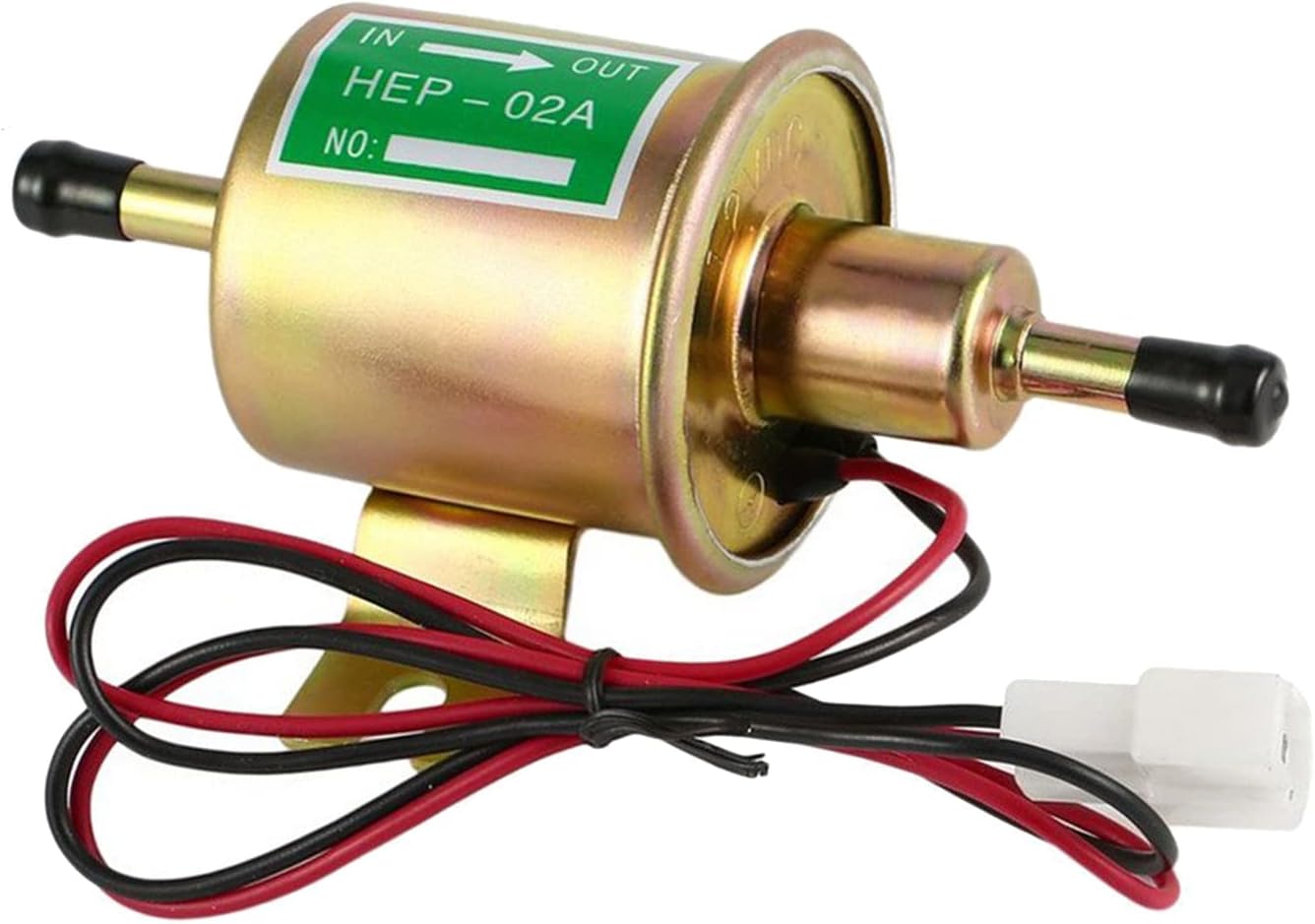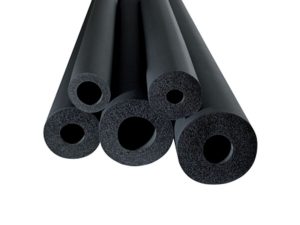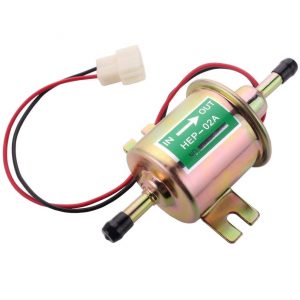In the ever-evolving world of automotive technology, fuel pumps play a crucial role in ensuring the efficient delivery of fuel to the engine. Modern fuel pumps have undergone significant advancements, employing cutting-edge mechanisms to optimize performance and fuel economy. In this blog post, we will delve into the intricate workings of modern fuel pumps, exploring their key components and the innovative technologies that drive their operation.
- The Basics of Fuel Pump Functionality:
At its core, a fuel pump is responsible for drawing fuel from the tank and delivering it to the engine at the required pressure. Traditional mechanical fuel pumps have given way to electric fuel pumps, which offer enhanced control and efficiency. Electric fuel pumps are typically submerged in the fuel tank, allowing for continuous cooling and reducing the risk of vapor lock. - The Role of Fuel Pump Controllers:
Modern fuel pumps are equipped with sophisticated controllers that monitor and regulate fuel flow. These controllers utilize advanced algorithms to adjust the pump's speed and pressure based on engine demand, ensuring optimal fuel delivery under varying conditions. By precisely matching fuel supply to engine requirements, fuel pump controllers contribute to improved fuel efficiency and reduced emissions. - Innovative Pump Designs:
To meet the demands of high-performance engines, fuel pump manufacturers have introduced innovative designs. One such design is the turbine-style fuel pump, which utilizes a turbine impeller to draw fuel and generate pressure. This design offers improved flow rates and reduced noise levels compared to traditional piston-style pumps. Additionally, some fuel pumps incorporate variable-speed motors, allowing for dynamic adjustment of fuel delivery based on engine load. - Fuel Pump Diagnostics and Maintenance:
To ensure the longevity and reliability of modern fuel pumps, diagnostic capabilities have become integral. Many vehicles now feature onboard diagnostics that monitor fuel pump performance and provide alerts in case of any abnormalities. Regular maintenance, including fuel filter replacement and fuel system cleaning, is crucial to prevent clogging and maintain optimal fuel flow. - Future Trends and Advancements:
As automotive technology continues to evolve, fuel pump technology is also poised for further advancements. The integration of fuel pumps with intelligent vehicle systems, such as adaptive cruise control and engine management systems, holds the potential for even greater fuel efficiency and performance optimization. Additionally, the exploration of alternative fuel sources, such as hydrogen fuel cells, may require the development of specialized fuel pump technologies.
Conclusion:
Modern fuel pumps have come a long way from their mechanical predecessors, embracing advanced technologies to enhance efficiency, performance, and reliability. By understanding the inner workings of these intricate systems, we gain insight into the critical role they play in optimizing fuel delivery and powering our vehicles. As we look to the future, the continuous evolution of fuel pump technology promises exciting possibilities for a greener and more efficient automotive industry.





+ There are no comments
Add yours